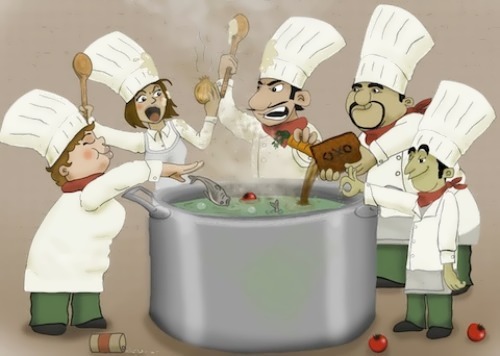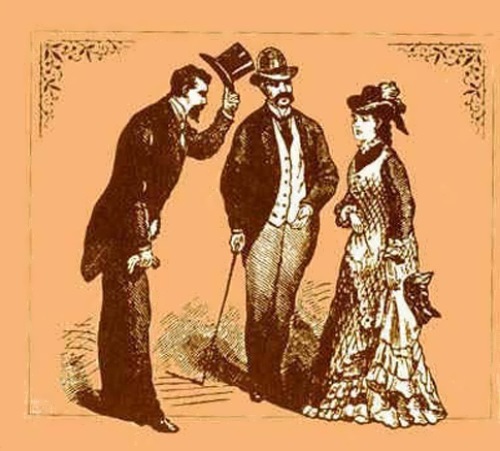Anecdotes and jokes about famous people
Imagination was given to man
to compensate him for what he is not;
a sense of humour to console him for what, he is.
So keep smiling.
Anonymous
After a concert, Arthur Rubenstein was approached by a woman who was dragging a nine-year-old boy. “Please, Mr Rubenstein,” she said, “I want you to hear my son play the piano.” “Madam,” the pianist said, “I’m very busy. I don’t have time to hear every child play the piano.”
But the mother persisted until Rubenstein finally agreed to an audition the next day. The little boy, his legs barely touching the pedals, played a Chopin waltz. When it was over, Rubenstein said, “That is undoubtedly the worst playing I’ve ever heard.”
The mother nodded and said to her son, “You see? So now will you give up your piano lessons and try out for Little League?”
More »






